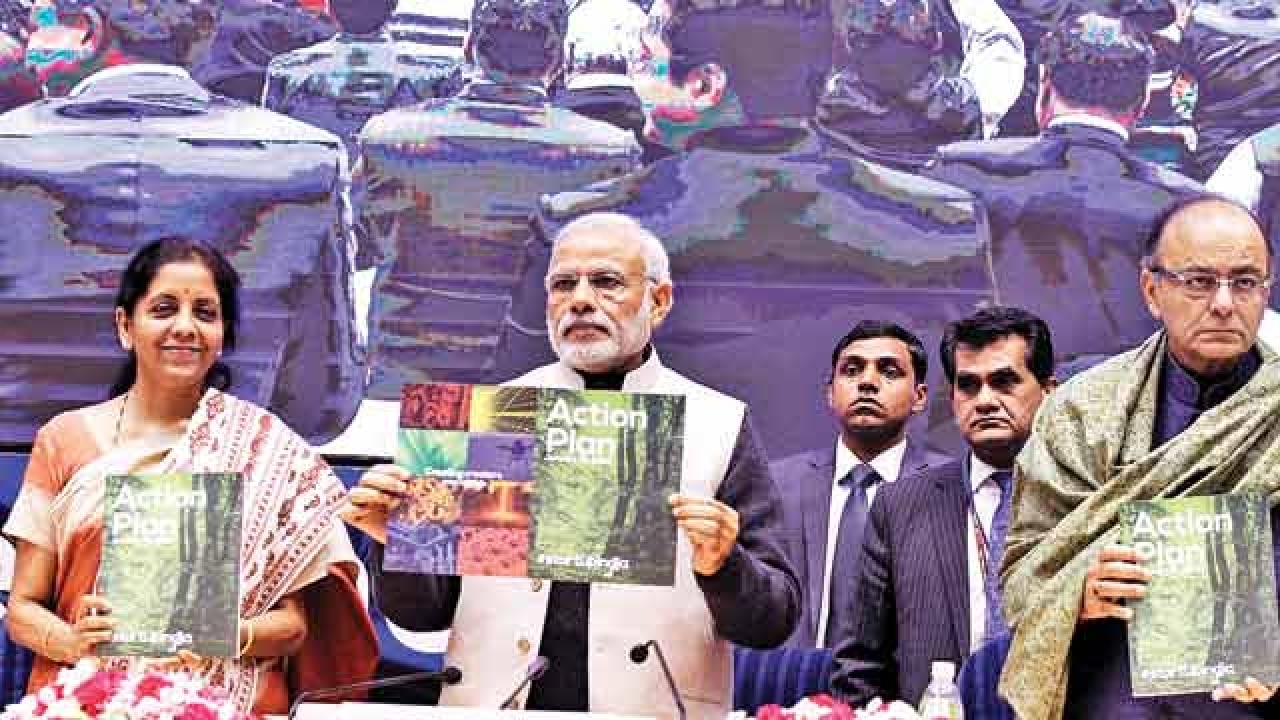
The government’s initiative, Start-up India, undermines the definition of entrepreneurship which involves initiative and risk-taking on the part of the entrepreneur. As the government takes on the risk of businesses, this effort is nothing more than a welfare scheme for the well-off.
In this scheme, bureaucrats allocate money based either on their whims or on arbitrary standards to a few chosen people, many of whom have already received privileges in the form of degrees from India’s premier educational institutions.
It is not difficult to foresee the effects of Start-up India. It will fill in for the now defunct Planning Commission and fund people for their connections to bureaucrats and professors. A number of professors too will claim to be entrepreneurs. Such abuse is already widespread in the US which has inspired the scheme. American professors also abuse their positions and persuade young students who start businesses to include them as partners.
They also become partners at venture capital firms in exchange for allowing these firms to use the resources of the university.
The handouts for bad projects will make it tough for fledgling competitors with good products to survive as they would not be able to compete against government subsidised firms. The firms with mediocre products that receive welfare payments too will eventually fail. They will be similar to the sick public sector units with the difference that their ownership would rest with people in the private sector with no accountability. Their losses would be socialised but it will be the owners who reap a windfall if the business gifted to them becomes profitable.
In any sector, the chances of a new firm succeeding are low and it takes vision, courage and determination to make a business succeed. As only a small fraction of investments usually succeed, this scheme is no different from the government gambling at a casino and hoping for massive returns.
While campaigning for the Lok Sabha polls in 2014, Narendra Modi claimed that his economic ideas were based on hard work and not Harvard. That is the right approach but Modi as Prime Minister has surrounded himself with economists from American universities who have misled him.
These economists do not understand entrepreneurship and exemplify the words of Bernard Shaw, “He who can, does. He who cannot, teaches.” They confuse cause and effect and fail to realise that although capital is needed to implement some innovative ideas, handing out taxpayer’s money does not cause innovation.
Their attempt to create systems simply because such systems exist in America will not lead to success in the marketplace. If mindless imitation of America is the cause of prosperity, we could just ask everyone to wear black turtleneck tops like Steve Jobs and wait for it to result in successful businesses. In reality, even the prosperity of America is not the result of a strong system. The American economy is very fragile and the main reason the US manages to remain wealthy is that it controls the world’s reserve currency.
Government involvement in funding businesses has also led to disastrous consequences in USA. An infamous example is the firm Solyndra which received a massive ‘loan’ from the government. This ‘loan’ was eventually written off and was in effect a bailout for some of the wealthiest venture capital firms in the world that had invested in Solyndra.
If the government wants to further entrepreneurship in the country, it must remove the regulations that create obstacles for entrepreneurs instead of copying American systems such as their patent regime or venture capital funds.
The author is an expert on technology and economic issues